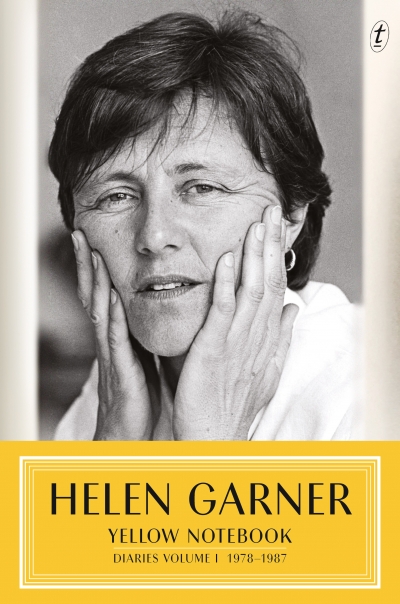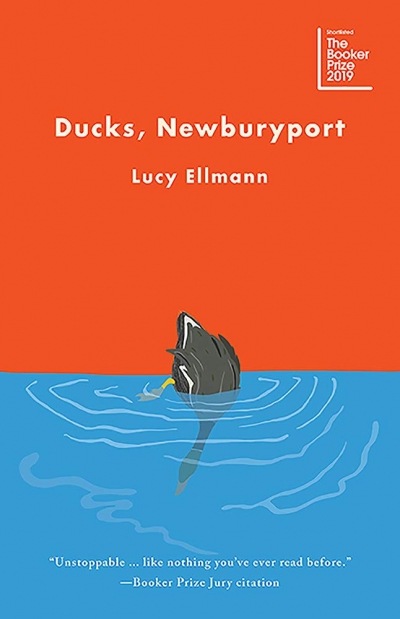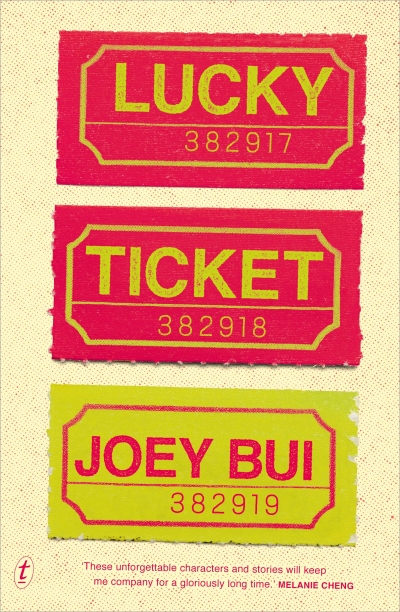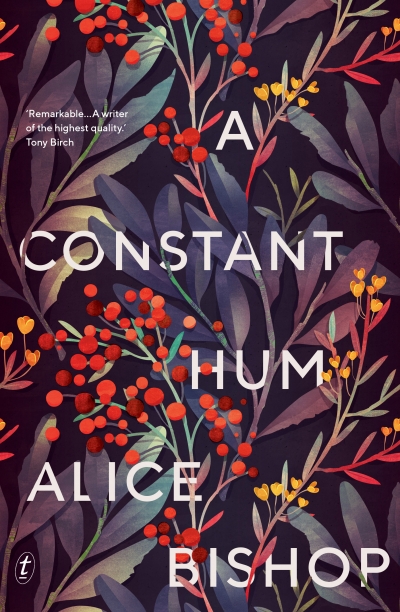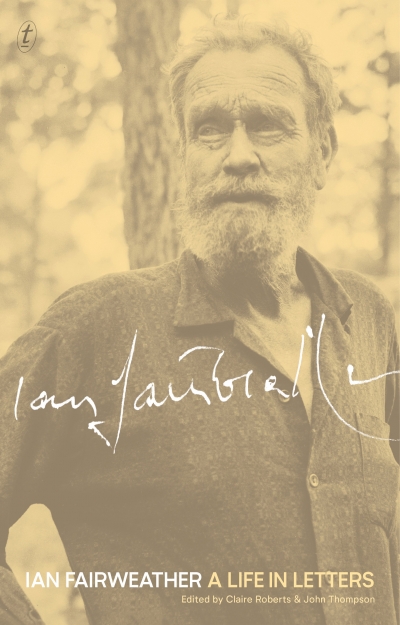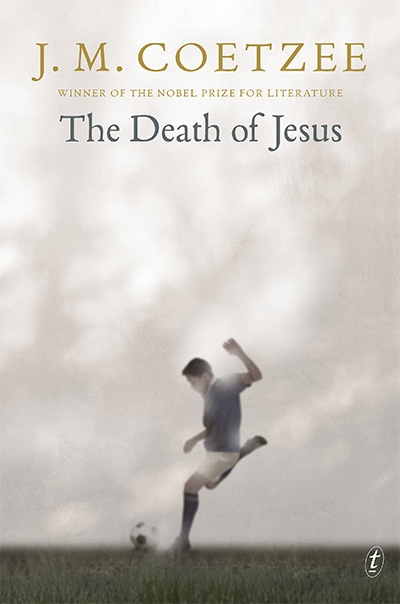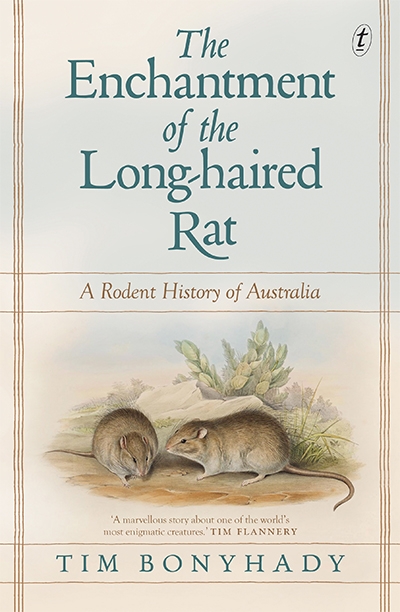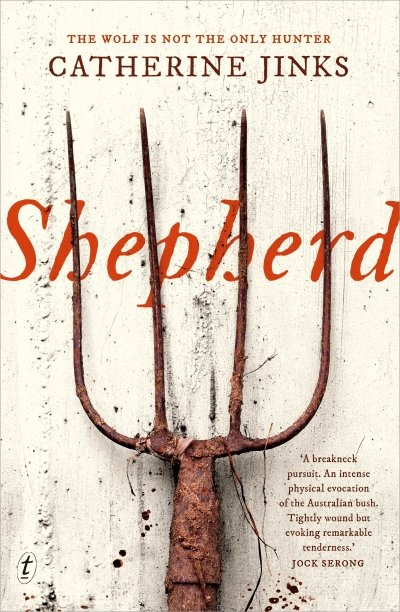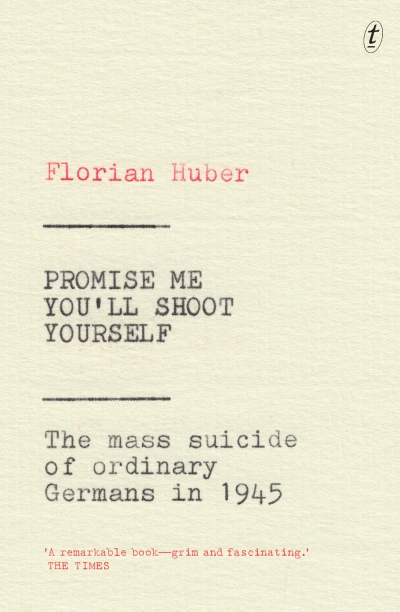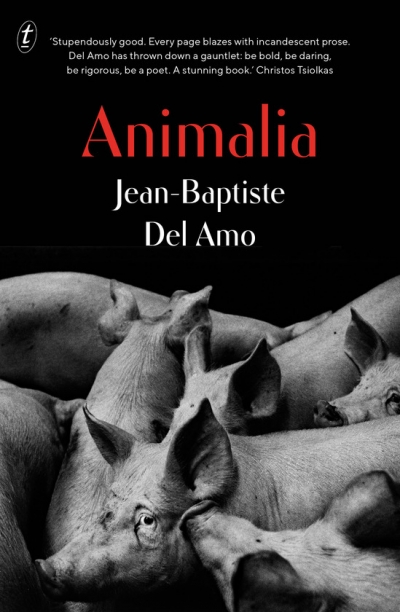Text Publishing
Yellow Notebook: Diaries, Volume I, 1978–1987 by Helen Garner
by Peter Rose •
Ian Fairweather: A life in letters edited by Claire Roberts and John Thompson
by Morag Fraser •
The Enchantment of the Long-haired Rat: A rodent history of Australia by Tim Bonyhady
by Libby Robin •
Promise Me You’ll Shoot Yourself: The mass suicides of ordinary Germans in 1945 by Florian Huber, translated by Imogen Taylor
by Alexander Wells •
Animalia by Jean-Baptiste Del Amo, translated by Frank Wynne
by Phoebe Weston-Evans •

